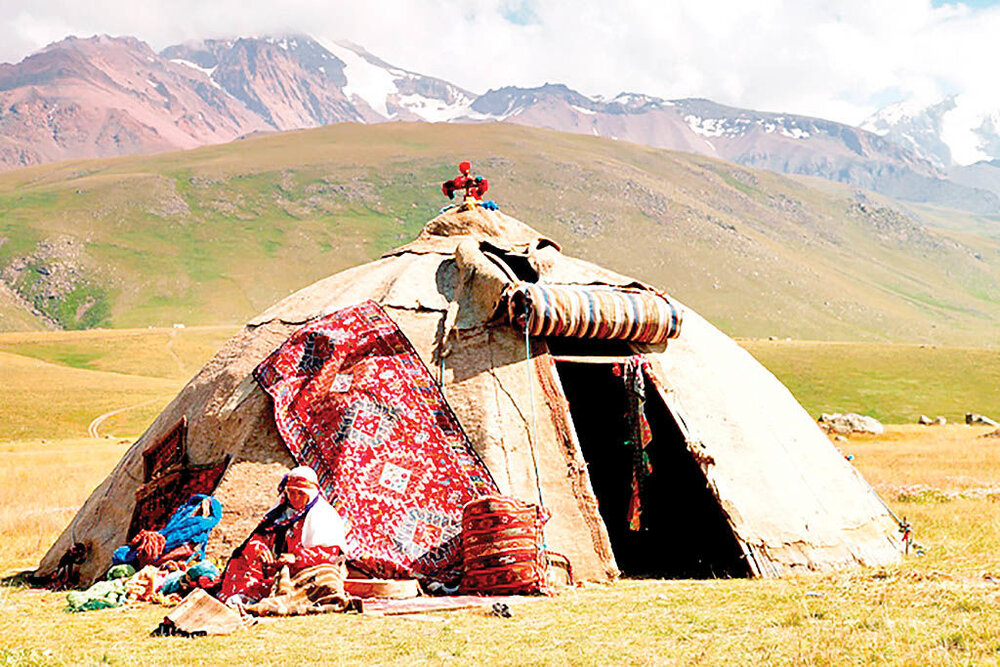Tehran meeting discusses tribal tourism

TEHRAN – On Tuesday, a meeting at the Ministry of Cultural Heritage, Tourism, and Handicrafts in Tehran discussed ways to develop and promote tribal tourism, IRNA reported.
The participants also discussed ways to facilitate the private sector's cooperation as well as the need to train tour guides in this field, the report added.
Tribe tourism, also known as ethno-tourism or ethnic tourism, provides the ground for potential sightseers to feel like indigenous people by living with a nomad or rural family or enjoying an independent stay. However, as the name implies, it’s a trip for recreational purposes rather than an expedition for anthropological research.
Experts say this branch of tourism has gained a lot of support and attention in the country over the past couple of years. Many tour operators believe that tribal regions could be deemed as the legacy of human authenticity in their novel cultural and human aspects.
Iran has a culturally-diverse society dominated by a wide range of interethnic relations. Native speakers of Persian (Farsi language) are considered as the predominant ethnic generally of mixed ancestry, and the country has important Turkic, Kurd, and Arab elements in addition to the Lurs, Baloch, Bakhtiari, and other smaller minorities such as Armenians, Assyrians, and Jews. Persians, Kurds, and speakers of other Indo-European languages in Iran are descendants of the Aryan tribes who began migrating from Central Asia into what is now Iran in the second millennium BC.
Accompanying nomads during their migration, even for a day or two, may be a lifetime experience. As a traveler, one has the chance to visit, live, eat, and sleep in a nomadic camp with a real nomadic family. Colorful dresses, vast black tents, colored-eyed children with rosy cheeks, a modest lifestyle, scenic landscape, and local dishes are probably among the delights of such visits.
Language, music, indigenous cuisine, clothing, songs, anecdotes, crafts, live performances, and local rituals such as celebrations and wedding ceremonies have always spurred many to experience life among the tribes.
Many nomads surprise visitors with dignity in their rough and overworked hands and integrity in their compassionate eyes at first sight. In popular Iranian culture, literature, and public opinion, nomads have always been a proud part of the nation.
ABU/MG
